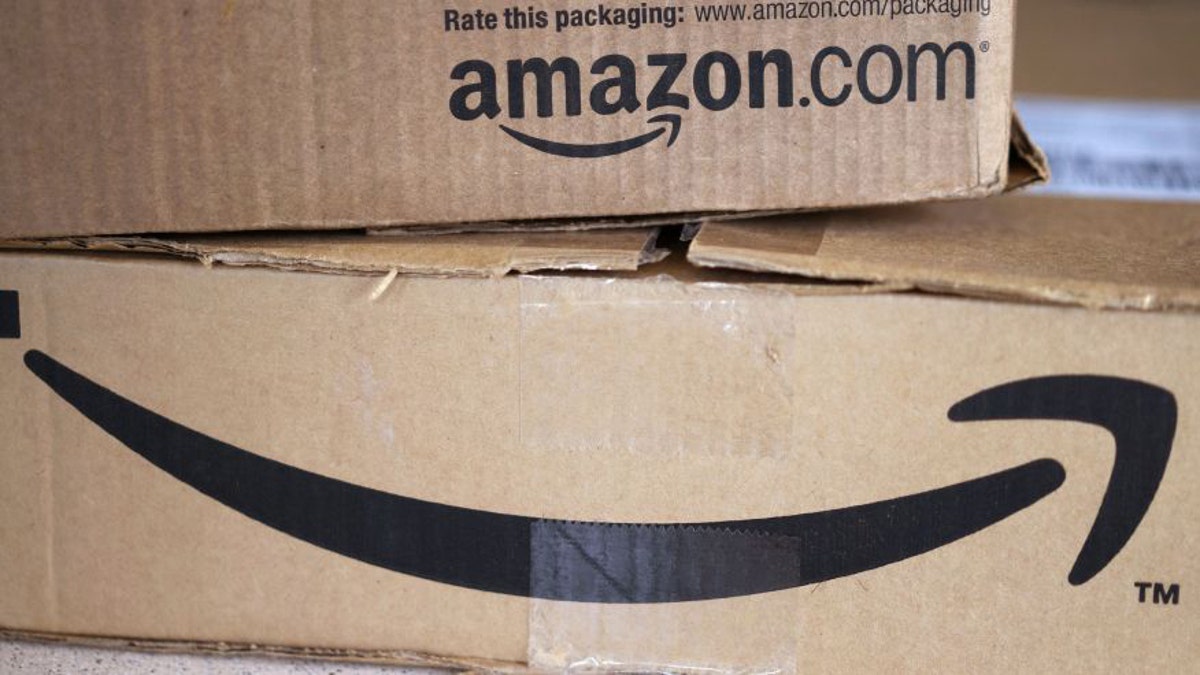
File photo. (REUTERS/Rick Wilking)
Jeff Bezos’s dream of using drones to deliver goods to Amazon customers received a setback Sunday when the Federal Aviation Administration announced proposed rules for the commercial operation of unmanned aircraft systems (UAS) in the U.S.
Among the proposals affecting the Amazon boss’s ambitious plan to fly books, gadgets and clothes to customers is the necessity for drones to stay within eyesight of the operator at all times, and the banning of flights over people who have no connection with the drone’s operation.
Related: Domino’s Pizza testing pizza-delivering drones
Keen for the FAA to adopt a more lenient stance, Paul Misener, Amazon’s vice-president of global public policy, said in a statement that the administration “needs to begin and expeditiously complete the formal process to address the needs of our business, and ultimately our customers.”
He added that Amazon is still committed to its Prime Air plan and is “prepared to deploy where we have the regulatory support we need,” meaning the e-commerce will be looking at locations outside of the U.S. to get its drone delivery service off the ground. Frustrated with the current restrictions on drone flights, Amazon has already taken some of its development work to the UK.
Prohibitive
The prohibitive rules won’t come as a major surprise to Bezos, who said at the time of Prime Air’s unveiling just over a year ago that regulatory issues presented the biggest challenge for the service’s launch.
However, the FAA’s initial set of guidelines are only proposals, and even if they do pass into law, Amazon – as well as other companies hoping to offer a similar service – will be hoping that over time the rules and regulations loosen as the technology’s safety improves and the population becomes more comfortable with the presence of UAVs in the skies.
Related: DHL drone delivers medicine supplies in Germany
Other proposals listed in the framework of regulations include daylight-only flights at an altitude of no more than 500 feet. The proposed maximum speed has been set at 100 mph, while machines should be no heavier than 55 pounds. In addition, drone operators would have to pass an aeronautical knowledge test at an FAA-approved testing center, be vetted by the Transportation Security Administration, pass additional tests every two years, and be at least 17 years of age.
The FAA is now inviting comments from the public on the proposals, and will also set up a number of public meetings on the issue. Only when the consultation period is over and all opinions have been evaluated will the proposals go into effect, so commercial operators could be waiting for at least another year before they can get started with their drone-based work.








































